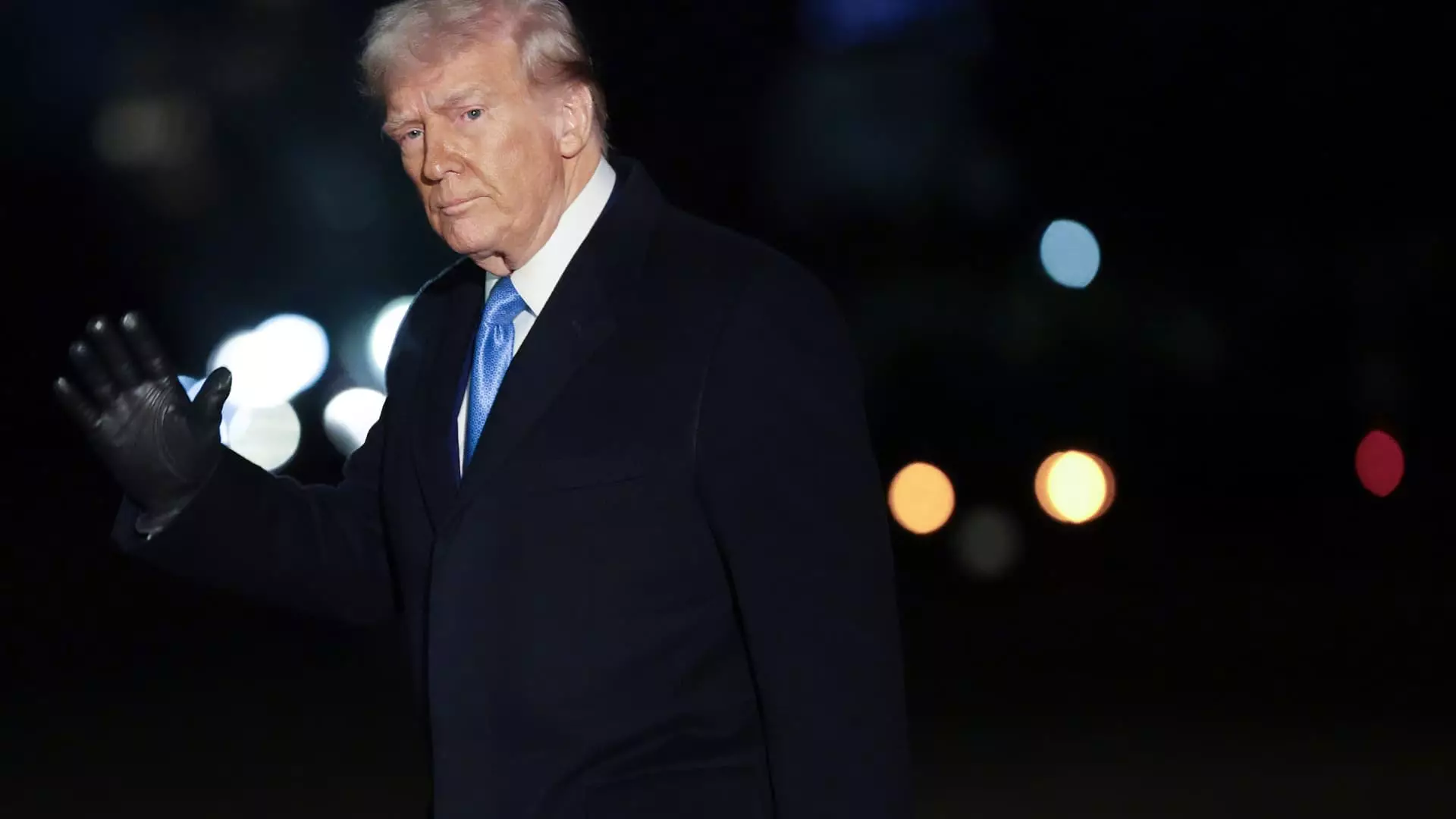In a significant legal development, a federal judge has intervened to halt President Donald Trump’s controversial restrictions on diversity, equity, and inclusion (DEI) programs at federal agencies and among businesses working with the government. This ruling, made by U.S. District Judge Adam Abelson, underscores the ongoing tension between governmental authority and constitutional rights surrounding free speech. This article delves into the implications of this ruling and the broader context surrounding DEI initiatives in America.
Judge Abelson’s decision effectively places a temporary injunction on the enforcement of Trump’s orders banning DEI programs nationwide, pending the outcome of a lawsuit filed by the city of Baltimore and advocacy groups. This ruling raises critical questions about the authority of the executive branch to regulate speech, particularly when it involves policies aimed at fostering diversity and inclusion. The judge highlighted that the orders may infringe upon First Amendment protections, indicating a potential overreach of presidential power into the realm of free expression.
The court’s reasoning suggests that the actions taken by the Trump administration not only undermine principles of inclusivity but could also chill protected speech. By labeling the DEI initiatives as discriminatory, the administration risks creating an environment where open discussions about race, gender, and equity are stifled. The ruling might act as a protective barrier for those advocating for DEI programs, asserting that these initiatives have historically been considered both legal and essential in addressing systemic discrimination in various sectors.
The rise of DEI policies can be traced back to increased awareness and activism following incidents of racial injustice, particularly those highlighted during the protests of 2020. Activists and organizations advocating for social equity argue that these programs are necessary to rectify historic imbalances. The political backlash against DEI, seen prominently during Trump’s administration, reflects a larger ideological struggle in the United States regarding equality and social justice.
Critics of DEI programs often argue that these initiatives promote reverse discrimination and undermine meritocracy. However, supporters maintain that they are critical in addressing persistent disparities faced by marginalized groups. By framing DEI policies as an attack on constitutional rights, the Trump administration sought to galvanize its base, yet this legal challenge might serve to reignite the conversation about the legitimacy and necessity of such programs.
As Judge Abelson pointed out, the vagueness surrounding the definitions of DEI and the scope of Trump’s orders complicates the legal landscape. This lack of clarity not only disrupts the operations of federal agencies but also leaves businesses and organizations perplexed about their obligations concerning DEI initiatives. The possibility of legal repercussions for non-compliance with these moving directives presents a chilling effect on free expression.
This case exemplifies the continuing struggle over the interpretation of the First Amendment in the context of government engagement with social issues. The broader implications of this ruling could extend beyond the current administration, potentially shaping policies and legal interpretations in the future.
Legal experts predict that the outcome of this lawsuit may set critical precedents for how governmental agencies handle diversity training and inclusivity measures moving forward. If the plaintiffs succeed in their arguments, there could be a reaffirmation of the value of DEI initiatives, framing them as vital components of a responsive and equitable society.
The Maryland court’s intervention reflects the complexities of navigating issues of race, equity, and speech within the framework of law. As society grapples with its values and the direction of its policies, the ruling may signify a turning point. It serves as a reminder of the importance of fostering inclusive dialogues in a diverse nation. As the legal proceedings continue, stakeholders from all sides must engage thoughtfully, recognizing that the path toward equity is fraught with challenges but also ripe with opportunities for meaningful change. With the future of DEI initiatives hanging in the balance, it is incumbent upon both legal and societal frameworks to uphold the principles of justice and equality for all citizens.


Leave a Reply